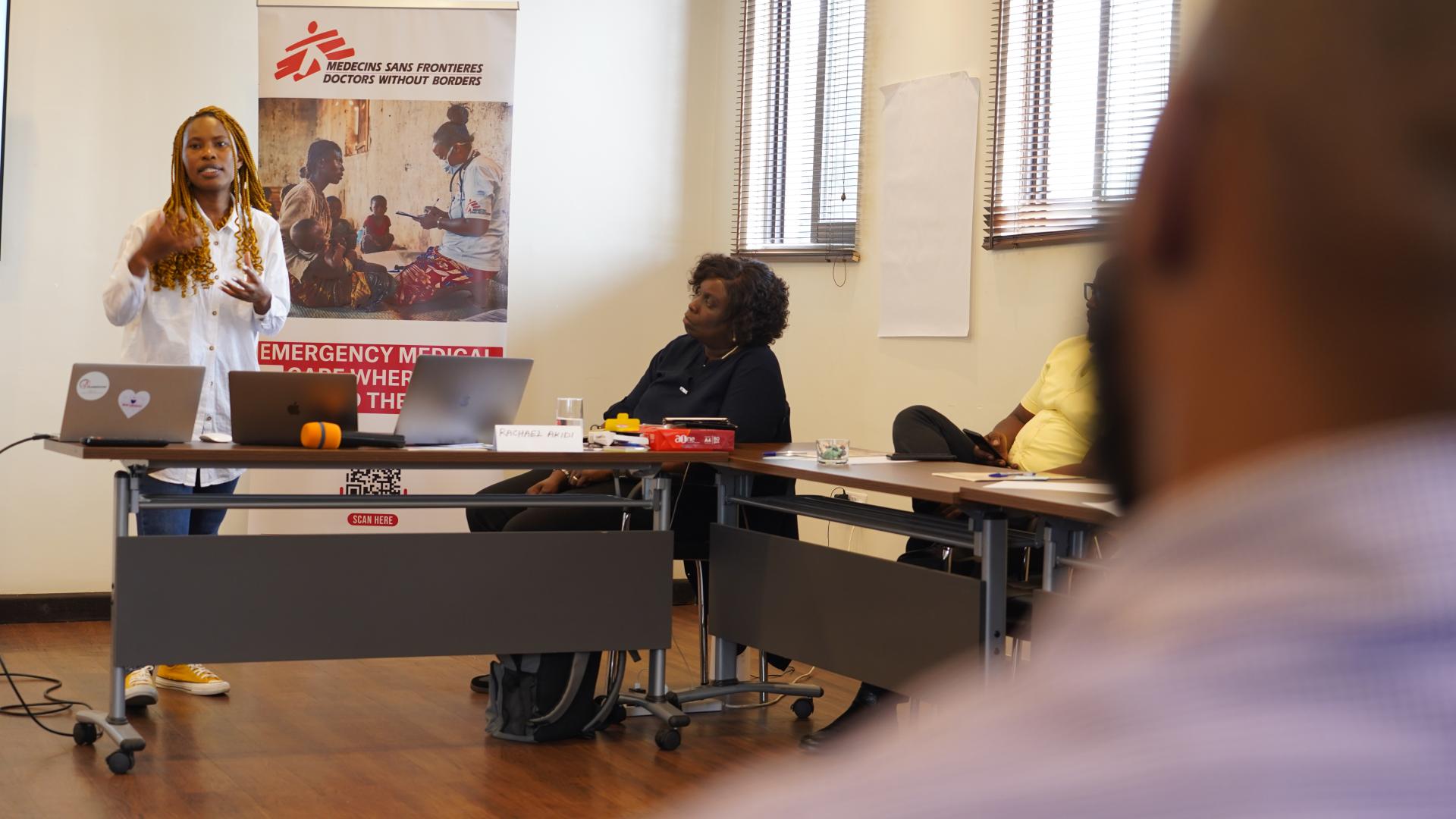
MSF Eastern Africa Media Fellowship 2025
- Program: MSF Eastern Africa Media Fellowship 2025
- Launch Year: 2024
- Application Status: Call for applications now open
- Application Deadline: 19th September 2025
- Target Group: Journalists based and publishing in Eastern Africa
- Coverage Areas: Kenya, Ethiopia, South Sudan, Tanzania
- Support Provided: Training workshops, reporting grants, access to MSF projects & experts
- Eligibility: Minimum 3 years’ experience, reference letter, three published stories, affiliation with a media organisation or accreditation with their relevant regulator, commitment to travel and publish within fellowship timelines
The MSF Eastern Africa Media Fellowship Program aims to support and empower journalists to tell compelling and impactful stories about pressing humanitarian issues that MSF is responding to in Eastern Africa. Launched in 2024, the fellowship supports journalists with skills, resources and access to MSF projects that will enable them to produce high-quality, nuanced narratives that shine a light on critical health issues and humanitarian challenges across Eastern Africa.
The Fellowship is an initiative designed to empower and collaborate with journalists committed to covering critical humanitarian and health issues across the region. By providing fellows with financial support, specialised training, and unique access to MSF's field operations and medical expertise, the program aims to deepen the quality and impact of reporting on underreported crises, from conflict and displacement to infectious disease outbreaks and malnutrition. This fellowship serves as a vital bridge between the humanitarian world and the media, fostering a network of informed journalists who can bring much-needed visibility to emergencies.
How does it work?
-
Successful applicants will be invited to a full-day workshop facilitated by a respected media professional.
-
After the workshop, participants will submit story pitches based on their interests.
-
Journalists with selected pitches will receive support to report on humanitarian stories from the region.
Why Apply for the Fellowship?
The MSF Media Fellowship provides journalists in East Africa with a chance to get a first-hand glimpse into various humanitarian and health interventions in the region. Fellows will receive:
-
Training from media and communication professionals on covering humanitarian stories
-
A reporting grant to cover the costs for the project visits
-
Access to relevant experts and to MSF projects to support their coverage of the story
Call for Applications for 2025 now open
.